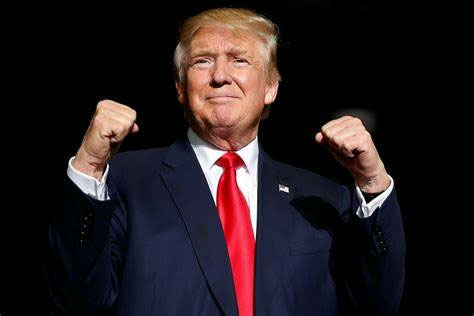Wei Zongyou
Democratic US presidential candidate Senator Bernie Sanders addresses a rally at The Saint Paul River Centre on March 2 in Saint Paul, Minnesota, on the eve of “Super Tuesday” Democratic presidential primaries. Photo: AFP
US President Donald Trump on Friday declared a national emergency on the novel coronavirus outbreak. As of Saturday night, there were more than 2,900 confirmed cases in the US and at least 59 deaths, according to data compiled by the Center for Systems Science and Engineering at Johns Hopkins University and ABC News reports.
The runaway spread of the virus has also begun to impact the ongoing Democratic presidential primaries. Because of worries about the coronavirus, both Joe Biden and Bernie Sanders, the two Democratic presidential frontrunners, have canceled their scheduled primary-night campaign events and their March 15 debate will be held without audience in attendance.
On March 11, President Trump addressed the nation for the first time about the efforts his government has taken and will take to combat the coronavirus crisis, which is unusual considering how he had previously downplayed the impact of the virus on the US. However, instead of calming the financial market, his remarks caused US stock markets to plunge more than 2,000 points within an hour after it opened on March 12, triggering a brief, automatic shutdown for the second time in a week.
Given the ever-rising number of infected cases and its growing impacts on the US economy, the coronavirus crisis might deal a heavy blow to Trump’s presidential election.
First, if the virus’ spread continues unabated, the Trump administration will likely bear much of the blame. Trump said that he had taken a series of steps to deal with the coronavirus, hinting he has done a far better job than his European counterparts. However, the rising number of infections and growing complaints about inadequate virus tests and treatment may lead voters to pour their anger onto Trump, who has made numerous misstatements that even contradicted government health experts.
Just as the mishandling of Hurricane Katrina haunted the presidency of George W. Bush in 2005, the coronavirus crisis is likely to damage Trump, who will have to cancel campaign gatherings, at least for the moment.
With coronavirus cases reported in almost every state, dozens of US states have declared states of emergency and banned large-scale gatherings. This is definitely not good news for Trump, who loves to boast about his accomplishments and criticize opponents at large-scale campaign rallies. If his preferred way of rousing support from his base is blocked by coronavirus, and the mainstream media flood the news of his inadequate dealing with the crisis, it surely will not make life easy for him.
Another tripwire for Trump would be a slump in economic growth, which would surely impact his re-election prospects. Trump’s greatest selling point to average US citizens is the growing economy. For some independents, the economy may be the only thing that attracts their ballots and overcome their repulsion of Trump’s raw personality. If economic growth stagnates or takes a dive in the next two or three quarters, it will no doubt haunt Trump.
Meanwhile, there still exists another scenario: The coronavirus crisis ends within one or two months and Trump takes credit. Since the first automatic stock market shutdown due to the oil price plummeting and virus’ spread, Trump has taken a series of measures to combat the epidemic and stimulate the economy. If these measures successfully curb the virus’ spread, and the US economy isn’t negatively affected, this crisis may be a blessing in disguise for Trump’s re-election prospects, which proves that in time of crisis and uncertainty, he is the right kind of tough leader that the US people need.—Courtesy: GT.









